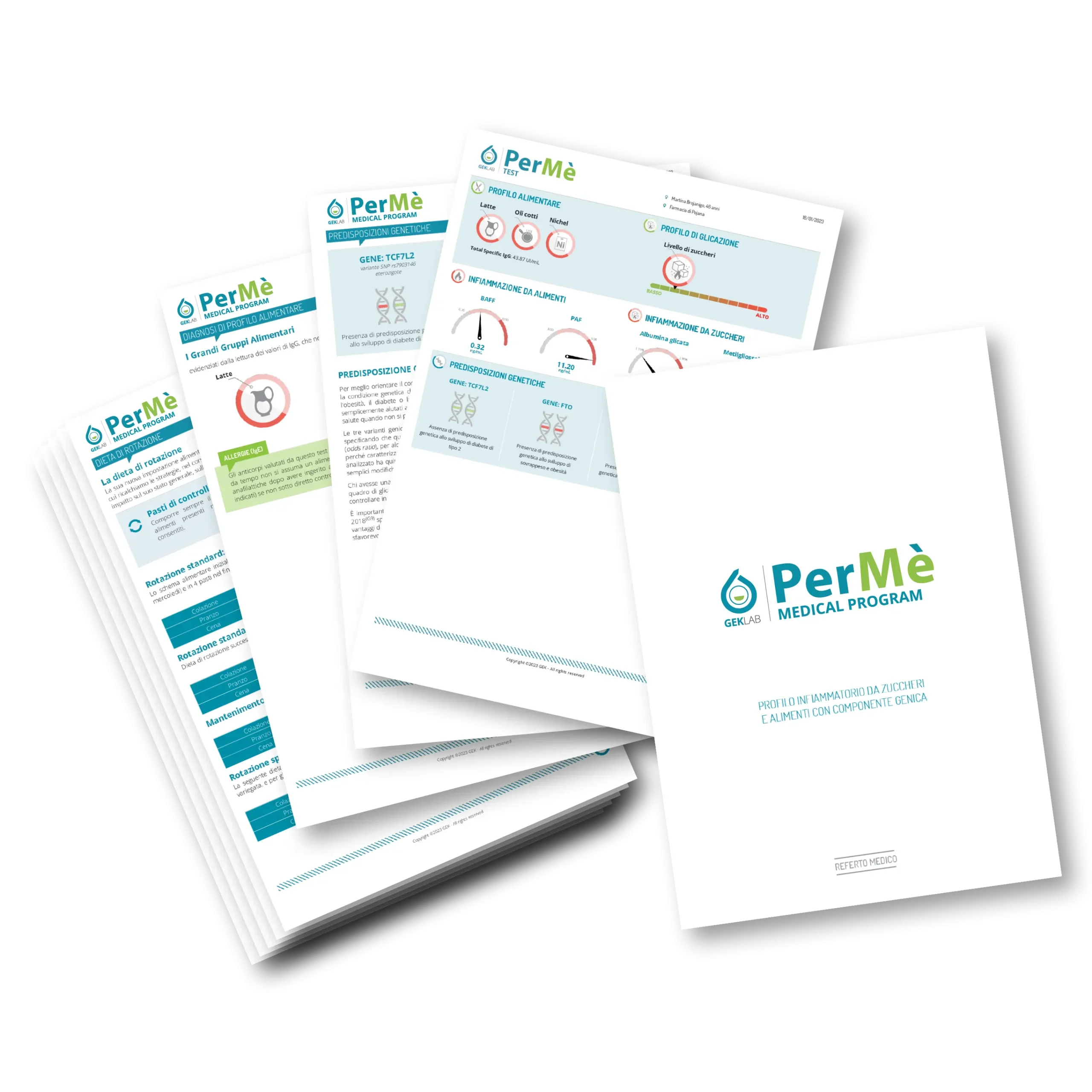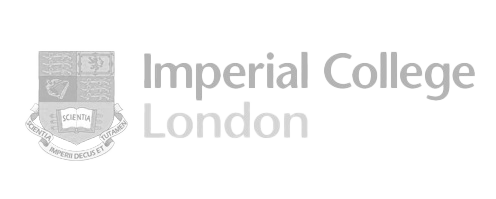Flu and New Variants: Prevention Also Starts at the Table
Aggiornato il 6/11/2024

The arrival of the first cold temperatures brings a series of challenges to our health. Among the most common threats, as every year, are the flu, parainfluenza illnesses, colds, and the now less aggressive form of COVID-19. Measures such as vaccination and hand hygiene remain essential, but there is another aspect that is often overlooked: our diet.
Dietary Inflammation and the Immune System
But what is the relationship between diet and diseases that, like the flu, affect the respiratory system?
Disorders such as sore throat, colds, sinusitis, and otitis, common during the winter season, are often caused by viruses or bacteria attacking the mucous membranes of the respiratory tract. However, our body’s defense capacity also depends on the level of overall inflammation and the heightened inflammatory response at the local level (throat, bronchi, ears), a phenomenon in which diet plays a key role.
Inflammation caused by food and sugars can, albeit indirectly, weaken the defenses of the respiratory tract, allowing viruses and bacteria to act more effectively for them and more harmfully for the body.
When inflammation occurs due to the excessive and repeated consumption of the same foods, there is an increase in specific inflammatory substances in our body, such as BAFF and PAF, which significantly affect the regulation of the immune system.
In particular, intestinal inflammation recruits a considerable number of immune cells to the digestive system. This causes a “weakening” of other systems where these cells should be working, such as the respiratory mucous membranes that protect us from the flu and colds. The immune system does not have infinite capacity, and excessive activation or concentration in one specific area can lead to potential deficiencies in other parts of the body. Therefore, dietary inflammation can indirectly leave the defenses in external areas (respiratory tract, skin, ears) unprotected, allowing viruses and bacteria to act more effectively for them and more harmfully for the body, causing colds, the flu, and other diseases.
The Danger of Sugars
Excessive consumption of sugars and related substances, such as alcohol, can also be responsible for inflammation. Glycation, a process caused by an excess of sugars in the blood that interferes with the proper functioning of the proteins in our body, can also increase the risk of severe forms of the flu and COVID.
In other words, glycation facilitates the spread of viruses, worsens their symptoms, and makes recovery more complicated: our daily “dose of sugar” (even just a regular breakfast with a cappuccino and croissant) influences how easily we can get sick. Managing sugar intake through diet, along with possible support from supplements, can strengthen defenses against the flu and parainfluenza syndromes, improve control over new variants of COVID, and facilitate an effective response to potential mutations of other known viruses. It is therefore essential to monitor sugar consumption (including “invisible” sugars present in many processed foods) and related substances, such as alcohol and sweeteners.
The Importance of a Balanced Diet to Prevent the Flu and Its Symptoms
A simple way to prevent the flu is to start following an anti-inflammatory diet model by balancing each meal according to the Harvard Medical School’s Healthy Eating Plate, incorporating the right amounts of vegetables, whole grains, proteins, and healthy fats.
This ensures that your body receives the right amount of macro and micronutrients while avoiding excessive blood sugar fluctuations, which are known to have a significant pro-inflammatory effect.
In this context, it’s important to emphasize that proteins are essential not only for building muscles but also for the immune system, which requires a constant supply to produce antibodies and replace its cells. It’s helpful to remember that antibodies, specifically immunoglobulins, are proteins, and when we don’t consume enough protein, their production diminishes.
Vegetables and fruits are a rich source of vitamins, minerals, and various other substances, whose antioxidant and anti-inflammatory properties are well-documented. The fiber found in whole grains contributes to the balance of gut flora, promoting the prevalence of beneficial microorganisms at the expense of harmful ones, which thrive in conditions of inflammation
Finally, to maintain a strong and responsive immune system—against all viruses in general, and specifically the flu—micronutrients such as vitamin D, iron, copper, zinc, and selenium are essential.
A diet that follows the principles of the healthy plate, introducing the right variety and respecting the seasonality of foods, provides the essential nutrients needed to keep inflammation in check and, as a result, reduces the likelihood of catching a cold, the flu, or other respiratory illnesses.
Broccoli and Cruciferous Vegetables: Allies Against Pollution
Living in areas with high levels of pollution can increase the risk of colds, flu, and respiratory diseases in general. However, nature provides us with tools to combat these harmful effects. Foods like broccoli, cabbage, and kale are rich in sulfur compounds that help remove pollutants from the body, offering additional protection. These foods not only help fight the damage caused by pollution but also provide a range of other health benefits, including cancer prevention and support for heart health.
Supplements for prevention
During periods of particularly cold, humid, and crowded conditions, or when the immune system is weakened due to stress or an imbalanced diet, it may be advisable to use dietary supplements to prevent and combat colds, flu, and respiratory illnesses.
- Vitamin C: A daily intake between 500 and 1000 mg is recommended, to be selected in collaboration with a pharmacist, preferring those with fewer preservatives and additives.
- A supplement based on broccoli extract and beta-glucans could be useful for its anti-inflammatory effectiveness. The addition of minerals such as Zinc and Manganese, which activate the natural antioxidant functions of our body, can be effective for the prevention of winter illnesses and for treating respiratory disorders.
- Minerals such as Manganese, Zinc, and Copper, along with the toning action of Selenium and Vitamin C, are certainly valuable aids for the immune system. They are effective against viral and bacterial infections and are recommended for winter illnesses, otitis, and pharyngotonsillitis.
A Personalized Diet for the Prevention of Respiratory Diseases
Each individual is unique in lifestyle, dietary habits, and genetic predisposition, meaning what might cause inflammation in one person may not have the same effect on another.
Knowing exactly what your inflammation levels are—both from sugars and foods—through a PerMè Medical Program is the starting point to begin a personalized diet that strengthens the immune system and restores energy and well-being, even during the most challenging months of the year.
Inflammation and glycation, as we’ve come to understand, predispose individuals to greater infectivity and the development of complications, not just for COVID or the flu, but for all other viruses as well.
Vaccinations and natural immunity
The recommendations listed above can be complemented with the classic flu vaccination, which is recommended for those who have benefited from it over the years.
The flu and anti-COVID vaccinations are strongly advised for individuals at risk, particularly for those with significant diabetic conditions, immunosuppression, or advanced age.
Finally, it is always advisable to consult your doctor for an opinion and any clinical evaluation in the case of a seasonal issue, such as a cold, that persists unusually or presents in an intense form, such as with high fever.
Conclusion
As we continue to navigate the challenges posed by new flu viruses and mutations of COVID-19, it is essential to recognize the importance of a healthy diet. By integrating our food choices with traditional medical recommendations, we can provide our body with the best possible defense against colds, flu, and winter illnesses in general. Prevention begins with food and with conscious choices that support our overall health.
Edited by The scientific editorial team GEK Lab








